Invited Speakers
Keynote Speakers
Invited Speakers
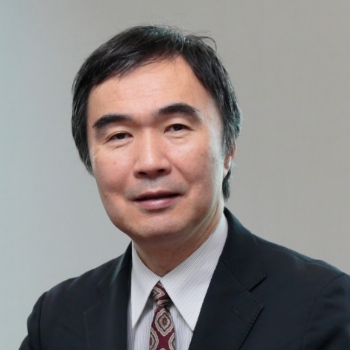
Satoshi Matsuoka
RIKEN R-CCS
Biography
Ph. D. from the University of Tokyo in 1993. A Full Professor at the Global Scientific Information and Computing Center (GSIC), the Tokyo Institute of Technology since 2000, and the director of the joint AIST-Tokyo Tech. Real World Big Data Computing Open Innovation Laboratory (RWBC-OIL) in 2017.
Since April 2018, he has been the director of Riken Center for Computational Science (R-CCS), the Tier-1 national HPC center for Japan, developing and hosting Japan's flagship 'Fugaku' supercomputer which has become the fastest supercomputer in the world in all four major supercomputer rankings in 2020 and 2021 (Top500, HPCG, HPL-AI, Graph500), along with multitudes of ongoing cutting edge HPC research being conducted, including investigating Post-Moore era computing, especially the future FugakuNEXT supercomputer.
Other accolades include the Fellow positions in societies/conferences ACM, ISC, and the JSSST; the ACM Gordon Bell Prizes in 2011 & 2021; the IEEE-CS Sidney Fernbach Award in 2014 as well as the IEEE-CS Computer Society Seymour Cray Computer Engineering Award in 2022, both being the highest awards in the field of HPC, and the only individual to receive these awards; the Technical Papers Chair and the Program Chair for ACM/IEEE Supercomputing 2009 and 2013 (SC09 and SC13) respectively as well as many other conference chairs, and the ACM Gordon Bell Prize selection committee chair in 2018.
His longtime contribution was commended with the Medal of Honor with Purple ribbon by his Majesty Emperor Naruhito of Japan in 2022.
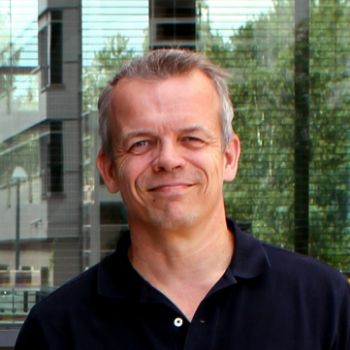
Kimmo Koski
CSC - IT Center for Science Ltd., CEO
Biography
Dr. Kimmo Koski
CEO, CSC
Dr. Kimmo Koski started at CSC in August 2004 with a mission to support Finnish research providing world-class e-infrastructure and related services. This include investments in national resources and active participation in European initiatives. The most recent example is the eco-efficient datacenter hosting the LUMI EuroHPC pre-exascale system, which is currently #3 in TOP500 list.
Koski has been involved in various European and global collaborations in high-performance computing, data management, networks and cloud activities. Examples include EU initiatives, such as EuroHPC, EUDAT, EOSC and PRACE. Increasing focus is also in artificial intelligence and quantum computing. Targets for the near future include building more intense HPC and data driven collaboration with US partners such as supercomputer centers and national laboratories.
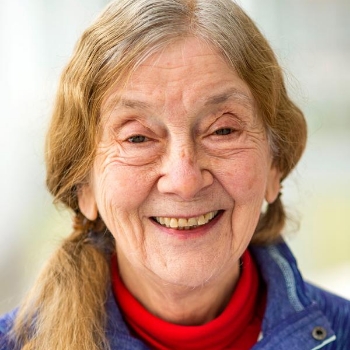
Eugenia Kalnay
Department of Atmospheric and Oceanic Science,
University of Maryland, College Park, MD
Biography
2016 – Present, Member of the NOAA Scientific Advisory Board
2002 – Present, Distinguished University Professor, Department of Atmospheric and Oceanic Science, Univ. of Maryland, College Park, MD
1999 – 2002, Professor and Chair, Department of Atmospheric and Oceanic Science, Univ. of Maryland, College Park, MD
1997 – 1999, Lowry Chair Professor at the School of Meteorology, Univ. of Oklahoma and Senior Scientist, NCEP.
1987–1997, Director, Environmental Modeling Center, National Centers for Environmental Prediction (NCEP), and NCEP Deputy for Science. ES-4.
1984 – 1986, Head, Global Modeling and Simulation Branch, Goddard Laboratory for Atmospheres, NASA. GS-15.
1979 – 1983, Senior Research Meteorologist, Global Modeling and Simulation Branch, Goddard Laboratory for Atmospheric Sciences, NASA. GS-15. I developed the NASA 4 order global model that was used for ~15 years.
1975 –1978, Assistant, then Associate Professor, Department of Meteorology, MIT (first woman appointed faculty in the Department).
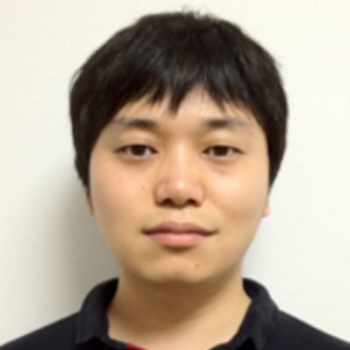
Yasuhiro Matsunaga
Associate Professor of Graduate School of Science and Engineering
Saitama University.
Biography
Yasuhiro Matsunaga is an associate Professor of Graduate School of Science and Engineering, Saitama University. After receiving the degree of Doctor of Science from Kobe University in 2007, he moved to Yokohama-City University (2007) and RIKEN Wako-campus (2008-2010) to study the conformational changes of proteins with simulations under the supervision of Prof. Akinori Kidera. Then, he moved to RIKEN R-CCS (2011-2018) where he mainly studied data-assimilation of biomolecular dynamics under the supervision of Dr. Yuji Sugita. His current research area covers data-assimilation of biomolecular dynamics, development of molecular simulation methods, and large conformational changes of biomolecules.
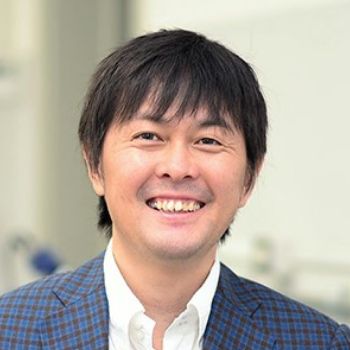
Norihiko Sugimoto
Professor
Keio University
Biography
Apr. 2020- Present: Professor at Keio University, Japan.
Professor Norihiko Sugimoto studies geophysical fluid dynamics. He works on developing numerical model and data assimilation system for the Venus atmosphere to investigate general circulation and disturbances of the Venus atmosphere.
Apr. 2015- Mar. 2020: Associate Professor at Keio University, Japan.
Apr. 2014- Mar. 2016: Visiting Researcher at Ecole Polytechnique, Laboratoire de Meteorologie Dynamique, France.
Apr. 2008- Mar. 2015: Lecturer at Keio University, Japan.
Apr. 2005- Mar. 2008: COE Researcher at Nagoya University, Japan
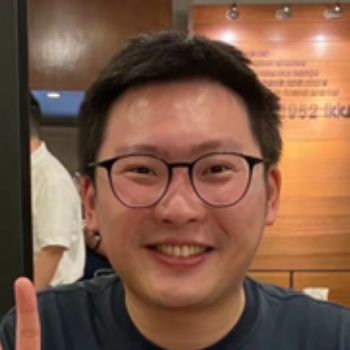
KaMan Kong
Computational Climate Science Research Team, R-CCS, RIKEN
Biography
Weather forecasting and simulation are complex at different temporal-spatial scales, one of the reasons is that a broad range of physical parameterization is required. Recently, a novel method of parameter estimation using an ensemble-based data assimilation (DA) technique has been established and practiced in the physical schemes in the climatological simulation (e.g., Kotsuki et al., 2018, 2020; Sueki et al., 2022). In this talk, I would like to briefly introduce the DA-based parameter estimation method (e.g., by Extended Kalman filter) and a weather-DA system (SCALE-LETKF), produced by the Data assimilation Research Team and the Computational Climate Science Research Team. Finally, three main research topics using this weather-DA system now I am working on would like to be shared: estimating parameters of microphysics scheme in an ideal 2-dimension squall-line experiment, parameters of cumulus scheme in a real tropical-cyclone-induced precipitation, and parameters of dust scheme in a real dust emission simulation
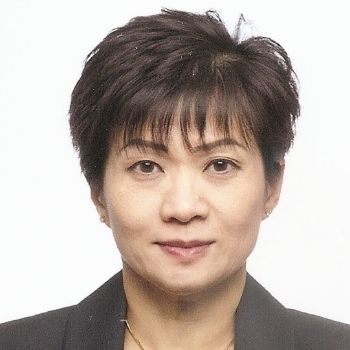
Thuc Hoang
U.S. Department of Energy, Director, Office of Advanced Simulation and Computing and Institutional Research and Development Programs
Biography
Thuc Hoang is the Director of the Office of Advanced Simulation and Computing (ASC) and Institutional Research and Development Programs in the Office of Defense Programs, within the Department of Energy (DOE) National Nuclear Security Administration (NNSA). The ASC program develops and deploys high-performance simulation capabilities and computational resources to support the NNSA stockpile stewardship mission. Ms. Hoang currently manages the NNSA Exascale Computing Initiative and other interagency collaboration projects. She has served on proposal review panels and advisory committees for the National Science Foundation, Department of Defense and DOE Office of Science, as well as for some other international HPC programs. Ms. Hoang holds a Bachelor of Science in Electrical Engineering from Virginia Tech and a Master of Science in Electrical Engineering from Johns Hopkins University.
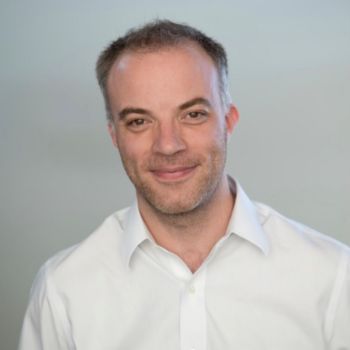
Simon Hammond
U.S. Department of Energy, Federal Program Manager, Office of Advanced Simulation and Computing and Institutional Research and Development Programs
Biography
Simon Hammond is the Federal Program Manager for the Computational Systems and Software Environment (CSSE) element within the Office of Advanced Simulation and Computing (ASC) and Institutional Research and Development Programs. The CSSE element performs broad ranging R&D activities as well as developing hardware and software requirements for the ASC’s high-performance computing system deployments. Prior to joining the ASC program office, Simon was the department manager of the Scalable Computer Architectures team at Sandia National Laboratories, contributing to the DOE’s Exascale Computing Project and several large-scale system procurements and deployments. He holds a PhD. and Master of Engineering (MEng) from the University of Warwick in the United Kingdom.
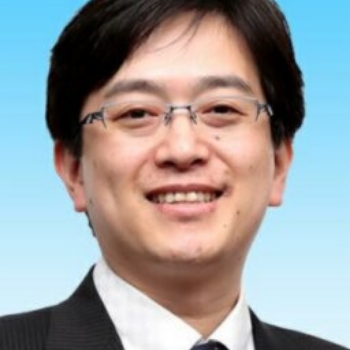
Kentaro Sano
RIKEN R-CCS
Biography
Kentaro Sano is the team leader of the processor research team at RIKEN Center for Computational Science (R-CCS) since 2017, responsible for research and development of future high-performance processors and systems. He is also a visiting professor with an advanced computing system laboratory at Tohoku University. He received his Ph.D. from the graduate school of information sciences, Tohoku University, in 2000. From 2000 until 2018, he was a Research Associate and an Associate Professor at Tohoku University. He was a visiting researcher at the Department of Computing, Imperial College, London, and Maxeler Technology corporation in 2006 and 2007. His research interests include data-driven and spatial-parallel processor architectures such as a coarse-grain reconfigurable array (CGRA), FPGA-based high-performance reconfigurable computing, high-level synthesis compilers and tools for reconfigurable custom computing machines, and system architectures for next-generation supercomputing based on the data-flow computing model.
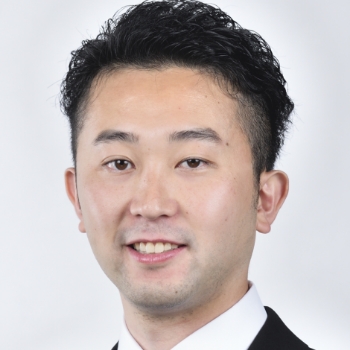
Kento Sato
RIKEN R-CCS
Biography
Kento Sato is a team leader of High Performance Big Data Research Team in the Center for Com- putational Science at RIKEN (RIKEN R-CCS). His research areas are distributed systems and parallel computing, particularly in High Performance Computing (HPC). Major focuses of his research are artificial intelligence, machine learning and deep learning in HPC, application reproducibility (MPI reproducibility, and Validation), scalable fault tolerance (Scalable checkpoint/restart, Fault tolerant MPI, Resilient system design), and I/O optimization (NVRAM, Burst buffer, and Big data), co- designing and cloud computing. He received his Ph.D. in the Dept. of Mathematical & Computing Sciences at Tokyo Tech in 2014, his M.S. in the Dept. of Mathematical & Computing Sciences at Tokyo Tech in 2010, and his B.S. in the Dept. of Information Science at Tokyo Tech in 2008.
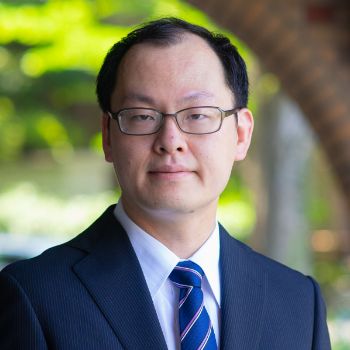
Takashi Shimokawabe
Information Technology Center, The University of Tokyo
Associate Professor
Biography
Takashi Shimokawabe is currently an associate professor at Information Technology Center, The University of Tokyo. His primary research interests are GPU computation of physical simulation and computational fluid dynamics, and high performance computing. His group was awarded the 2011 Gordon Bell Prize Special Achievements in Scalability and Time-to-Solution for peta-scale phase-field simulations.
He received Ph.D. in Energy Science from Tokyo Institute of Technology (Tokyo Tech) in 2012. He graduated with M.S. in Physics from Tokyo Tech in 2007.
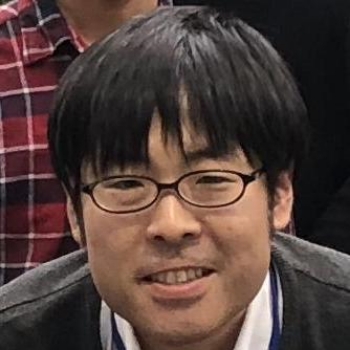
Kazuto Ando
RIKEN Center for Computational Science , Senior Technical Staff
Operations and Computer Technologies Division
Biography
Kazuto Ando is a senior technical staff in the Operations and Computer Technologies Division and Complex Phenomena Unified Simulation Research Team at RIKEN Center for Computational Science (R-CCS), Kobe, Japan. His research interests are High-Performance Computing (specifically computational performance optimization on HPC systems), Computational Fluid Dynamics, and Artificial Intelligence. He had also worked in the application area of earthquake and tsunami simulation at JAMSTEC. He received his BS and MS degree in Physics from Tokyo Metropolitan University, Japan.
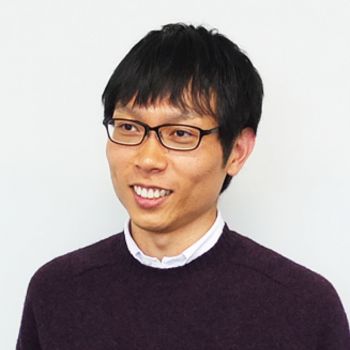
Kohei Fujita
Earthquake Research Institute, The University of Tokyo
Associate professor
Biography
Kohei Fujita is an associate professor at Earthquake Research Institute, The University of Tokyo. His primary research interests are high performance earthquake simulations and implicit solvers. He received Dr. Engineering from The University of Tokyo in 2014.
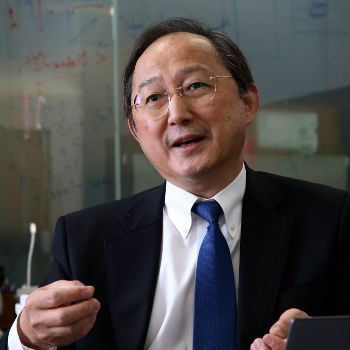
Satoru Miyano
Director
M&D Data Science Center, Tokyo Medical and Dental University
Biography
Satoru Miyano, PhD, is the Founding Director of M&D Data Science Center, Tokyo Medical and Dental University in April 2020 after finishing his mission of Director of Human Genome Center, Institute of Medical Science, University of Tokyo. He received the B.S. (1977), M.S. (1979) and PhD (1984), all in Mathematics from Kyushu University. He became a professor at Kyushu University in 1993 and moved to Human Genome Center, Institute of Medical Science, University of Tokyo in 1996. In 2014, The Cabinet Office started an inter-ministry program called “the Strategic Innovation Promotion Program (SIP)”. For this program, Dr. Yusuke Nakamura has drawn a vision of near-future hospital in Society 5.0 harnessed with AI technology named “AI Hospital” (2018-2022). Dr. Miyano has been involved with this AI Hospital Project as a sub-Program Director. On the other hand, as research, he has been working in the field of Bioinformatics. His developed “Computational Medical Systems Biology towards Genomic Personalized Medicine”, in particular, cancer research and clinical sequence informatics. He led the MEXT Scientific Research on Innovative Areas “Systems Cancer Project”, “Systems Cancer in Neodimension”, the International Cancer Genome Consortium, MEXT Large-Scale Data Analysis with K computer, and Post-K Computer “Fugaku” Project. He served as most of the important Bioinformatics/Computational Biology such as Bioinformatics, PLoS Computational Biology, etc. From April 2015, he was appointed to the President of Kanagawa Cancer Center that required “medical doctor’s license” by the rule. However, he is a PhD without the medical license, the Kanagawa Prefecture Assembly changed the rule for this appointment. He then became the first cancer center president in Japan without a medical license. He was awarded a title Fellow of the International Society for Computational Biology in 2013 for his “Distinguished Contributions to the Science of Computational Biology”. He is the first ISCB Fellow awardee from Asian scientists all over the world. He is a member of the MHLW Expert Committee on Promotion of Whole Genome Analysis that is implementing cancer clinical sequence based on whole genomes. He received the 2016 Uehara Memorial Foundation Award for contributions to advancement of cancer genomics and the 2020 Healthy Society Award was given for his pioneering activities on cancer research using supercomputers and AI.

Joe Ledsam
Google Health, Japan
Biography
Joe Ledsam is a clinician scientist leading Google Health in Japan. His research area focuses on the application of AI to health and science. Prior to joining Google Japan, Joe spent four years in DeepMind leading multiple research projects across medical imaging and electronic health records, as well as founding the DeepMind Genomics team. Joe remains an active collaborator with Google Health, DeepMind and other research groups throughout Google. He obtained his medical degree from The University of Leeds, UK, and was a research fellow at University College London during his years in clinical practice.
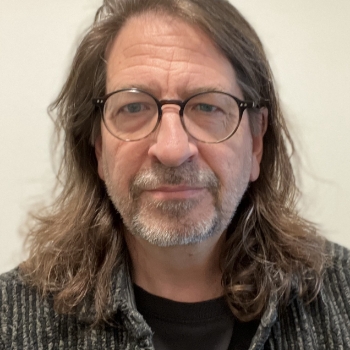
Rick Stevens
Professor of Computer Science at the University of Chicago
Associate Laboratory Director of the Computing, Environment and Life Sciences (CELS) Directorate and Argonne Distinguished Fellow at Argonne National Laboratory
Biography
Rick Stevens is a Professor of Computer Science at the University of Chicago as well as the Associate Laboratory Director of the Computing, Environment and Life Sciences (CELS) Directorate and Argonne Distinguished Fellow at Argonne National Laboratory.
In these, and in numerous other roles, he is responsible for ongoing research in the computational and computer sciences from high-performance computing architecture to the development of tools and methods for bioinformatics, cancer, infectious disease, and other problems in science and engineering. Recently, he has focused on developing AI methods for a variety of scientific and biomedical problems, and also has significant responsibility in delivering on the U.S. national initiative for Exascale computing and developing the DOE’s AI for Science national initiative.
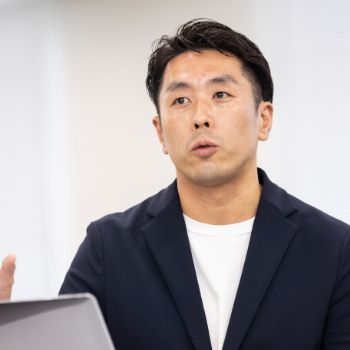
Toyotaro Suzumura
The University of Tokyo
Professor, Graduate School of Information Science and Technology
Biography
Prof. Toyo (Toyotaro) Suzumura is a professor and computer scientist at the graduate school of information science and technology at the University of Tokyo since April 2021. His current research interest is artificial intelligence - mainly graph neural networks and their application to e-commerce, medical science, finance, and such. After obtaining a Ph.D. in computer science in 2004 from Tokyo Institute of Technology, he has 17-year experiences from 2004 to 2021 in IBM Research as a principal research scientist and project lead in global research labs including Tokyo(2004-2013), Dublin(2013-2015), and IBM T.J Watson Research Center and MIT-IBM Watson AI Lab in New York (2015-2021). As for his research achievements, he won an international competition related to large-scale graph processing named Graph500 ten times since 2014. He has published 100+ papers to top-tier international conferences and journals and served as a PC chair of IEEE BigData 2017 as well as serving program committee members in numerous international conferences such as AAAI, ACM/IEEE Supercomputing, and IEEE Cloud
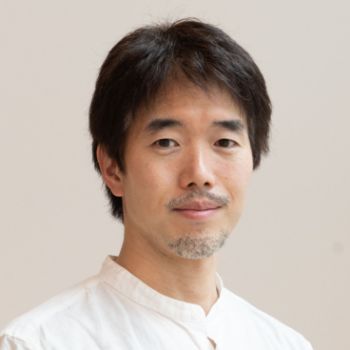
Rio Yokota
Tokyo Institute of Technology, Global Scientific Information and Computing Center
Biography
Rio Yokota is an Associate Professor at the Global Scientific Information and Computing Center, Tokyo Institute of Technology. His research interests lie at the intersection of high performance computing, linear algebra, and machine learning. He is the developer numerous libraries for fast multipole methods (ExaFMM), hierarchical low-rank algorithms (Hatrix), and information matrices in deep learning (ASDL) that scale to the full system on the largest supercomputers today. He has been optimizing algorithms on GPUs since 2006, and was part of a team that received the Gordon Bell prize in 2009 using the first GPU supercomputer. Rio is a member of ACM, IEEE, and SIAM.
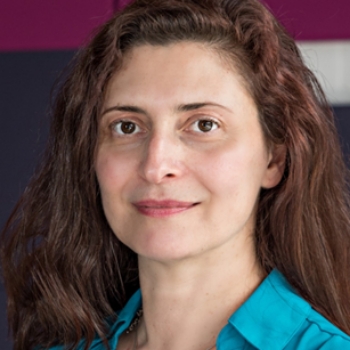
Irina Rish
Full Professor at Université de Montréal
Core Faculty Member at Mila Quebec Artificial Intelligence
Biography
Irina Rish is a Full Professor in the Computer Science and Operations Research Department at the Université de Montréal (UdeM) and a core faculty member of MILA - Quebec AI Institute. She holds Canada Excellence Research Chair (CERC) in Autonomous AI and a Canadian Institute for Advanced Research (CIFAR) Canada AI Chair. She received her MSc and PhD in AI from University of California, Irvine and MSc in Applied Mathematics from Moscow Gubkin Institute. Dr. Rish's research focus is on machine learning, neural data analysis and neuroscience-inspired AI. Before joining UdeM and MILA in 2019, Irina was a research scientist at the IBM T.J. Watson Research Center, where she worked on various projects at the intersection of neuroscience and AI, and led the Neuro-AI challenge. She received multiple IBM awards, including IBM Eminence & Excellence Award and IBM Outstanding Innovation Award in 2018, IBM Outstanding Technical Achievement Award in 2017, and IBM Research Accomplishment Award in 2009. Dr. Rish holds 64 patents, has published over 80 research papers in peer-reviewed conferences and journals, several book chapters, three edited books, and a monograph on Sparse Modeling.
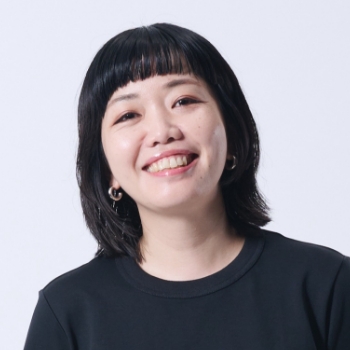
Mayumi Kamada
Graduate School of Medicine, Kyoto University, Associate Professor
Biography
Mayumi Kamada received a doctorate in Informatics from Kyoto University in 2013. After working as a Specially Appointed Assistant Professor at Keio University, she became a Program-Specific Researcher at Kyoto University Hospital in 2015 and an Associate Professor at the Graduate School of Medicine in 2017. In 2022, she joined the Center for Digital Transformation of Healthcare in Kyoto University as an Associate Professor. She is engaged in bioinformatics research and data science education, focusing on genomic medicine.
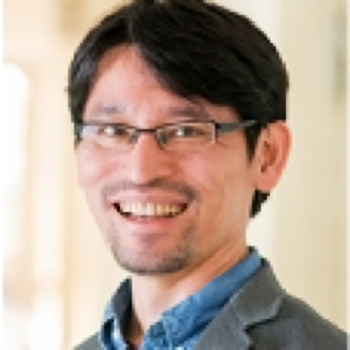
Kei-ichi Okazaki
Institute for Molecular Science, Associate Professor
Biography
Kei-ichi Okazaki is currently an associate professor at Institute for Molecular Science, Okazaki, Japan. He obtained his PhD in 2009 at Kobe university by developing a coarse-grained model to simulate protein conformational change. Since then, he has worked on a series of biomolecular machines such as ATPases and transporters. His current interests include statistical inference of reaction coordinates, time series analysis of single-molecule data, and computational design of biosensors.
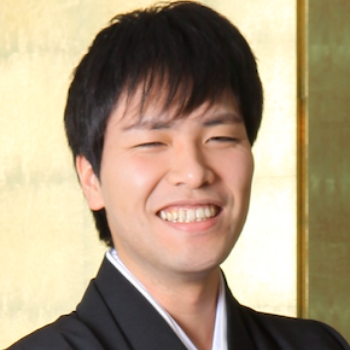
Kei Terayama
Associate Professor
Graduate School of Medical Life Science, Yokohama City University
Biography
Kei Terayama received a Doctor of Human and Environmental Studies degree from Kyoto University, Kyoto, Japan, in 2016. From 2016 to 2018, he was a Projective Researcher with the Graduate School of Frontier Sciences, the University of Tokyo, where he joined machine learning and its application projects mainly for drug discovery. In 2018, he moved to RIKEN center for Advanced Intelligence Project and Graduate School of Medicine, Kyoto University, as a specially appointed Assistant Professor. From 2020, he has been an associate professor at the Graduate School of Medical Life Science, Yokohama City University. His research interests include the development of machine learning and computer vision techniques for drug discovery, materials sciences, chemistry, and underwater monitoring.
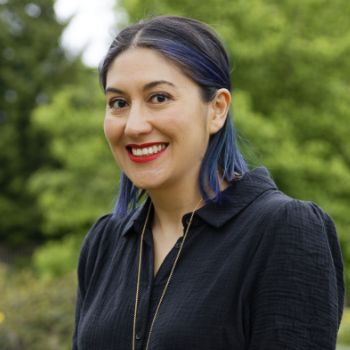
Rosana Collepardo
Departments of Chemistry and Genetics, University of Cambridge / Professor of Computational and Molecular Biophysics
Biography
Rosana is the Professor of Computational and Molecular Biophysics at the Departments of Chemistry and Genetics, University of Cambridge. Her group develops multiscale modelling approaches to investigate the physicochemical driving forces that govern DNA packaging inside cells, membraneless compartamentalization via liquid-liquid phase behaviour of biomolecules (proteins, nucleic acids, and chromatin), chromatin structure, epigenetic phenomena, and the relationship between the structure of the genome and gene expression regulation.
Prior to that, Rosana studied an undergraduate degree in chemistry and high-performance scientific computing at the National Autonomous University of Mexico. She then obtained an MSc and DPhil in Theoretical Chemistry at the University of Oxford under the supervision of Prof. David Manolopoulos. She next became a Schlumberger Faculty for the Future Fellow at New York University with Prof. Tamar Schlick, and then a Marie Curie Fellow at the Institute for Biomedical Research in Barcelona with Prof. Modesto Orozco. Soon after, she moved to Cambridge to work with Profs. Daan Frenkel and David Wales.

